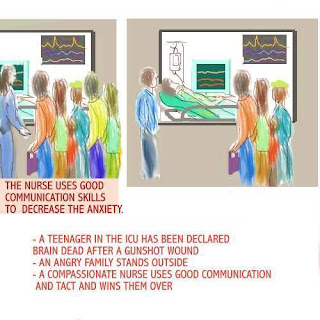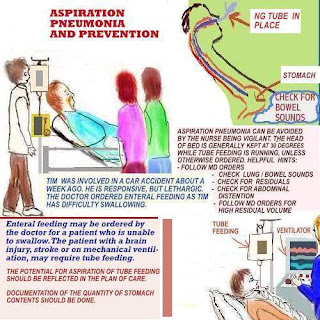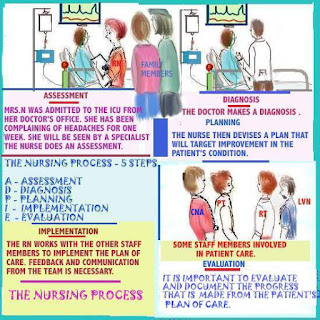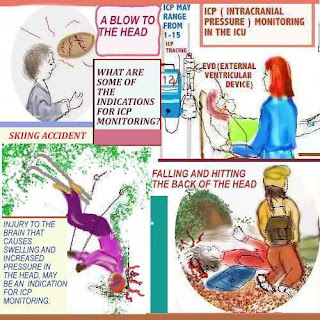DEAR NURSES, HAVE YOU EVER WORKED IN AN UNFAMILIAR AREA?

Have you ever had to float to another clinical area, that you
skills. Floating does not have to be dreadful.
would like to improve your learning curve, simply click on the link:
surgical intervention.
during surgery. Hypothermia increases the body's need
for oxygen and possibly may lead to a cardiac event.



















 The brain has three meningeal coverings.
The brain has three meningeal coverings.

 The human brain is made up of two
The human brain is made up of two 






















